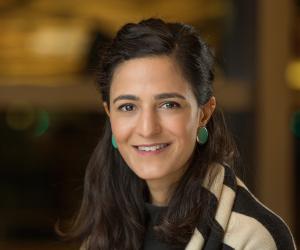Maxwell Mutanda and Safia Qureshi are the architects-turned-designers behind London, Harare and Cape Town-based Studio [D] Tale. Their work focuses on innovation at grassroots level and design that has a wide social impact. Their recent project focuses on everyday systems and behaviours, including the mapping of Harare’s informal taxi cars.
“Why are we ignoring what everybody uses to get around, from Cape Town to Cairo – this is how the majority of Africans travel,” says Mutanda. “Things like the Guatrain in Johannesburg and the MyCiti bus in Cape Town are great additions to the city, but why should we leave behind what the majority of people can afford to use and are using? So we decided to look into that system and map it out and try and integrate it into the modern age. ”
The cross-continental studio has also looked at how to improve the design of market stands for Harare’s informal traders.
Up in London, Studio [D] Tale has launched their first start-up, Cupclub, which looks at how to reduce the amount of waste takeaway coffee cups by creating a reusable, sustainable on-the-go cup.
“Cupclub was founded at the idea of innovating in the everyday,” says Qureshi. “We got really fascinated by the circular economy, which is very relevant today – how do we use materials that are in our existing supply chain and how do we innovate systems.”
The studio aims to shift their focus from the traditional client base and instead look to economies that haven’t really been focused on. To find out more about their work, you can watch their full Design Indaba 2016 Conference Talk.



![Studio [D] Tale at Design Indaba Conference 2016 Studio [D] Tale at Design Indaba Conference 2016](https://www.designindaba.com/sites/default/files/styles/medium/public/node/video/21895/DesignIndaba2016-731.jpg?itok=EMubnesU)






